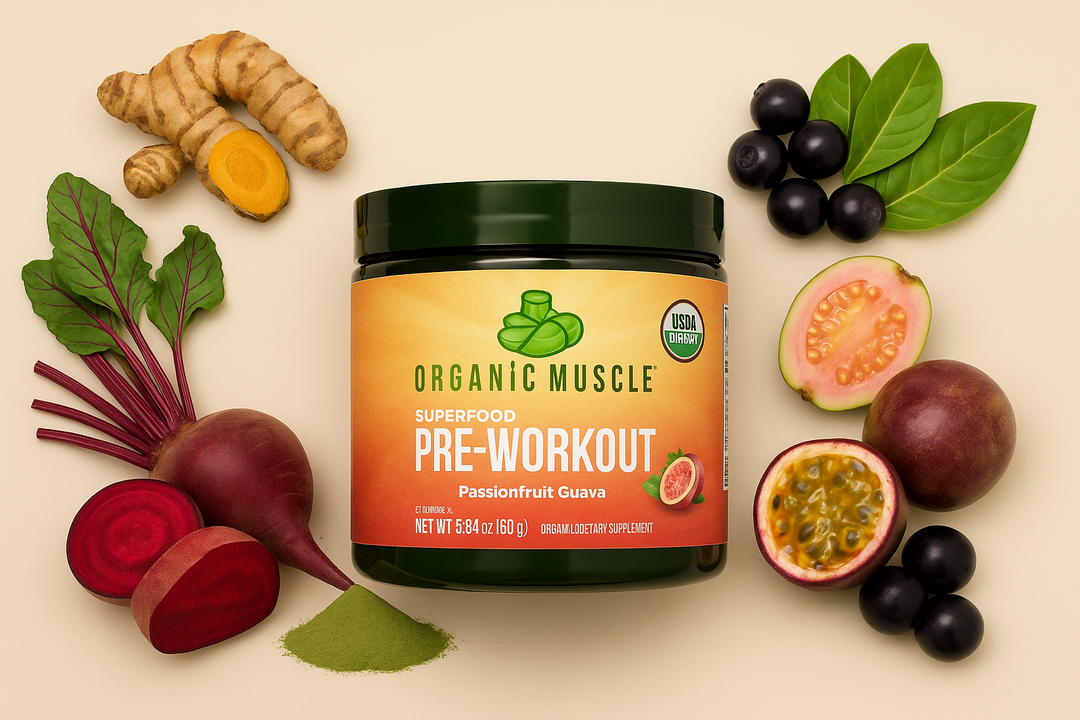With the plethora of protein powders on the market, it can be easy to wonder which one is the best for our health and fitness goals. When most of us consider using protein powder, it has to do with increasing our protein intake in the hopes of repairing and building lean muscle mass. This idea of building lean muscle mass is a popular selling point used by most supplement brands marketing a protein powder. Protein contains amino acids, the biological building blocks that provide the structural components for our blood, skin, hair, brain, nervous system, and muscles. Protein powders can be an excellent source of amino acids, but not all protein is created equal. Some proteins contain higher levels of amino acids. Some protein sources don't have the amino acids needed to build lean muscle mass, not to mention products with harmful additives and preservatives. Let's take a look into some of the most popular types of protein powder and see where they rank when it comes to building lean muscle mass.
The most popular protein powder by far is whey protein. Whey is one of the primary proteins in dairy and a byproduct of the cheese-making process, containing substantial amounts of the amino acids needed by the body to carry out functions performed by proteins. Whey protein is a complete protein source, meaning it has all nine of the essential amino acids not produced by the body. Please read our previous article, "Amazing Amino Acids," for more information on amino acids and their functions in the body.

Protein powder supplements made from whey often have high protein levels, which is one of the reasons for its popularity. Unfortunately, many of the most popular whey protein powders on the market also contain high levels of sugars, refined carbohydrates, artificial flavors, preservatives, and other harmful ingredients. Plus, over 60% of the world's adult population has lactose intolerance and lactose malabsorption issues, which removes whey products from the equation.
So, if whey and dairy products are out for over half of the adult population, we are left with protein sourced from plants. The main issue with plant protein is affirming that the plant proteins are complete proteins containing all the essential amino acids in their desired levels. Soy is an excellent option for many of the plant-based protein goers out there. Soy contains 29 grams of protein per cup and has all the essential amino acids, making it an idle source for many vegan and plant-based protein powders. But is soy the best plant-based option out there?

While soy protein does contain all the essential amino acids, the profile of these individual acids may not be the best option for bodybuilders or athletes looking to gain lean muscle mass. Complementary plant-based proteins may be the answer for the correct amino acid profile to build lean muscle mass. Complementary proteins are two or more protein sources combined to create a complete protein. The most impressive complementary protein is brown rice with pea protein, which provides an amino acid profile comparable to whey, without the digestive and absorption issues that come with dairy.
No wonder we use brown rice and pea protein in our plant-based protein powder. We take things even further by adding sacha inchi, hemp, and Jerusalem artichoke, along with other powerful superfoods. This blend gives us an easily digestible plant-based complete protein with the proper amino acid profile for building lean muscle mass. Did I mention that it comes in three incredible flavors? Rich chocolate, decadent vanilla, and our brand new sensational strawberry flavor! So what are you waiting on? Try our organic plant-based protein today to build lean muscle the way Mother Nature intended!












